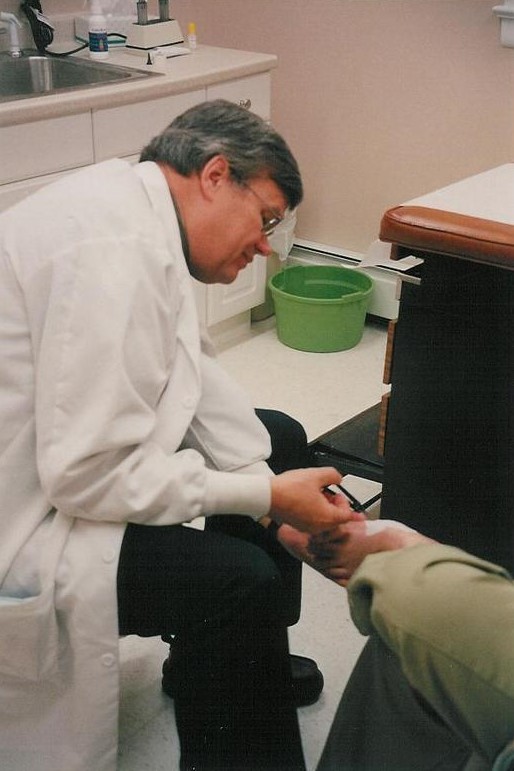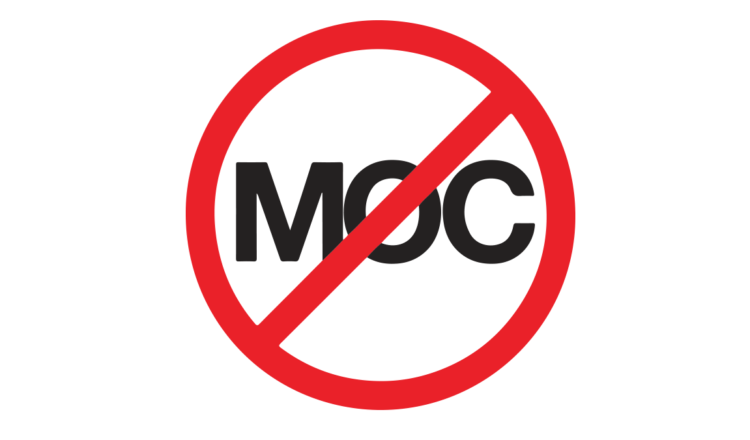By Alieta Eck, MD – http://zhcenter.org
Before 1990, American physicians who had completed 3 years or more of rigorous training in a specialty and passed an examination were awarded lifetime “board certification.” The only exception was the family practice board, which has always issued only time-limited certificates. After 1990, all member boards of the American Board of Medical Specialties (ABMS) followed suit and the nightmare of Maintenance of Certification began for all board certified physicians. This has proven to be a $230 million windfall for the administrators of these Boards. Strangely, any physician who was board certified before 1990 was “grandfathered,” exempt from this onerous requirement.
To continue to say they are board certified, younger doctors must take the board exam over and over again, spending thousands of dollars for the review courses and the examination, and hundreds of hours away from patients and family. There are also now “practice modules” in which the boards’ chosen experts try to dictate patient care. It is claimed to be “voluntary,” but what if doctors elect not to do it?
My husband, John Eck, M.D., is a great doctor with unusual training and experience. But he is no longer allowed to practice at the hospital where he served for 26 years. He was board certified in family medicine, and I in internal medicine.
 In 1980, John’s general surgery program had a “pyramid” system. Each year. it started with 12 residents and narrowed down to four by the third year. Since John was in that group of four, his path to becoming a general surgeon seemed clear. In fact, he scored the highest grade among the four on his third-year surgery exam. But as he was finishing that third of the 5-year program, John was told his contract would not be renewed. As he found out later, his spot was taken by the son of a well-connected professor.
In 1980, John’s general surgery program had a “pyramid” system. Each year. it started with 12 residents and narrowed down to four by the third year. Since John was in that group of four, his path to becoming a general surgeon seemed clear. In fact, he scored the highest grade among the four on his third-year surgery exam. But as he was finishing that third of the 5-year program, John was told his contract would not be renewed. As he found out later, his spot was taken by the son of a well-connected professor.
We had a growing family and needed income, so he went to nearby Somerset Medical Center and worked as an assistant surgeon for several years. He assisted in all areas—orthopedics, neurosurgery, thoracic, and abdominal surgery. He had to dash into the hospital at all hours of the night to do emergency C-sections. He loved it but realized it would best to become board certified in something. He chose family medicine, a field that suited him well. He was given only 3 months credit in the 3-year family medicine program for his 3 years of surgical training, but swallowed his pride, excelled in the program, and became an extraordinarily well-rounded physician. Some of his family medicine professors had been his medical students while he was a surgical resident, and his knowledge was so valued that he was asked to teach students again. No one ever questioned his ability.
I became board certified for life in internal medicine in 1985 and was thus “grandfathered,” never having to participate in MOC®.
In 1988, we started a multi-specialty private medical practice near where we had trained. Feeling as though he had been educated to the hilt with 6 years of formal post-medical school training, John never retook the family medicine boards. No one seemed to mind. Expending the time away from his practice and family seemed wasteful and costly. He never failed to keep up with continuing medical education (CME) as required for continued licensure. Our practice grew, and our patients were very loyal.
Around 2010, when he was renewing his Somerset Medical Center staff privileges, a secretary noticed that he had never recertified in family medicine. He argued that 26 years of an unblemished record, getting 50 credits of CME per year, and having no patient complaints should be enough to have his privileges continued. But the medical staff bylaws required “board certification,” and his had expired. They refused to make an exception as most hospitals did.
As of 2011, John was no longer allowed to admit and care for his hospitalized patients. Some of his patients were heartbroken, as his skill and confident demeanor gave them comfort when they needed him to care for them in the hospital. One patient with a pneumothorax requiring a chest tube would have greatly benefitted from his management skills. I argued that he should at least be allowed to be my “physician’s assistant,” but this logic was not welcomed.
The Association of American Physicians and Surgeons (AAPS) has filed a lawsuit against ABMS, and J.E. is the cited example of the unthinking, abusive, and illogical requirement of MOC® for physicians to serve their hospitalized patients or have their services covered by insurance. Why should the self-selected experts of ABMS have the sole authority to “certify” physician competence and deny patients access to their chosen doctor?
Dr. Alieta Eck graduated from the Rutgers College of Pharmacy and the St. Louis University School of Medicine in St. Louis, MO. She studied Internal Medicine at Robert Wood Johnson University Hospital in New Brunswick, NJ and has been in private practice with her husband, Dr. John Eck, MD in Piscataway, NJ since 1988, affordablehealthinc.org. She has been involved in health care reform since residency and is convinced that the government is a poor provider of medical care.
- Dr. Eck testified before the Joint Economic Committee of the US Congress in 2004 about better ways to deliver medical care in the United States. In 2011, she testified before a Senate Health Committee chaired by Senators Bernie Sanders and Rand Paul– about ways to avoid non-urgent visits to the emergency rooms.
- In 2003, she and her husband founded the Zarephath Health Center, a non-government free clinic for the poor and uninsured that currently care for about 300 patients per month utilizing the donated services of volunteer physicians and nurses. It is only open 12 hours per week. zhcenter.org
- She is working to pass NJ S239, a bill that would provide medical malpractice protection for the private practices of physicians who donate 4 hours per week in a clinic like the ZHC. njaaps.org
- Dr. Eck was the 2012 President of the Association of American Physicians and Surgeons and serves on the board of Christian Care Medi-Share, a faith based medical cost sharing ministry.
- She was the Republican nominee for the US Congress for NJ12 in 2014.
- In March, 2015, she chaired a meeting of the National Physicians Coalition for Freedom in Medicine, about 30 physicians, who gathered in Washington, DC to draft a “One-Page Plan” to restore affordability, promote patient choice and retain quality in medical care. https://aaps.wufoo.com/forms/m
11okp2x1yjc8qf/ - Dr. Eck spoke at the National Press Club in Washington, DC in June, 2016 to help unveil the Wedge of Health Freedom, an initiative of the Citizens’ Council for Health Freedom, with President Twila Brase. JointheWedge.com




